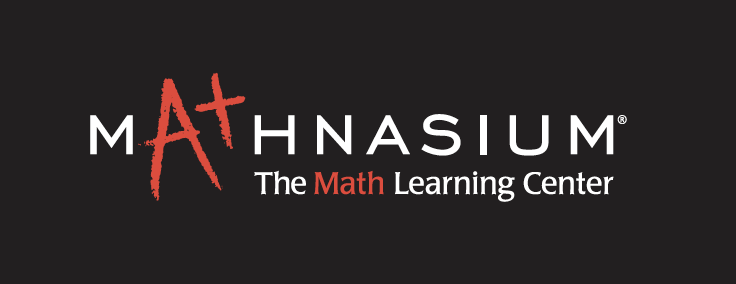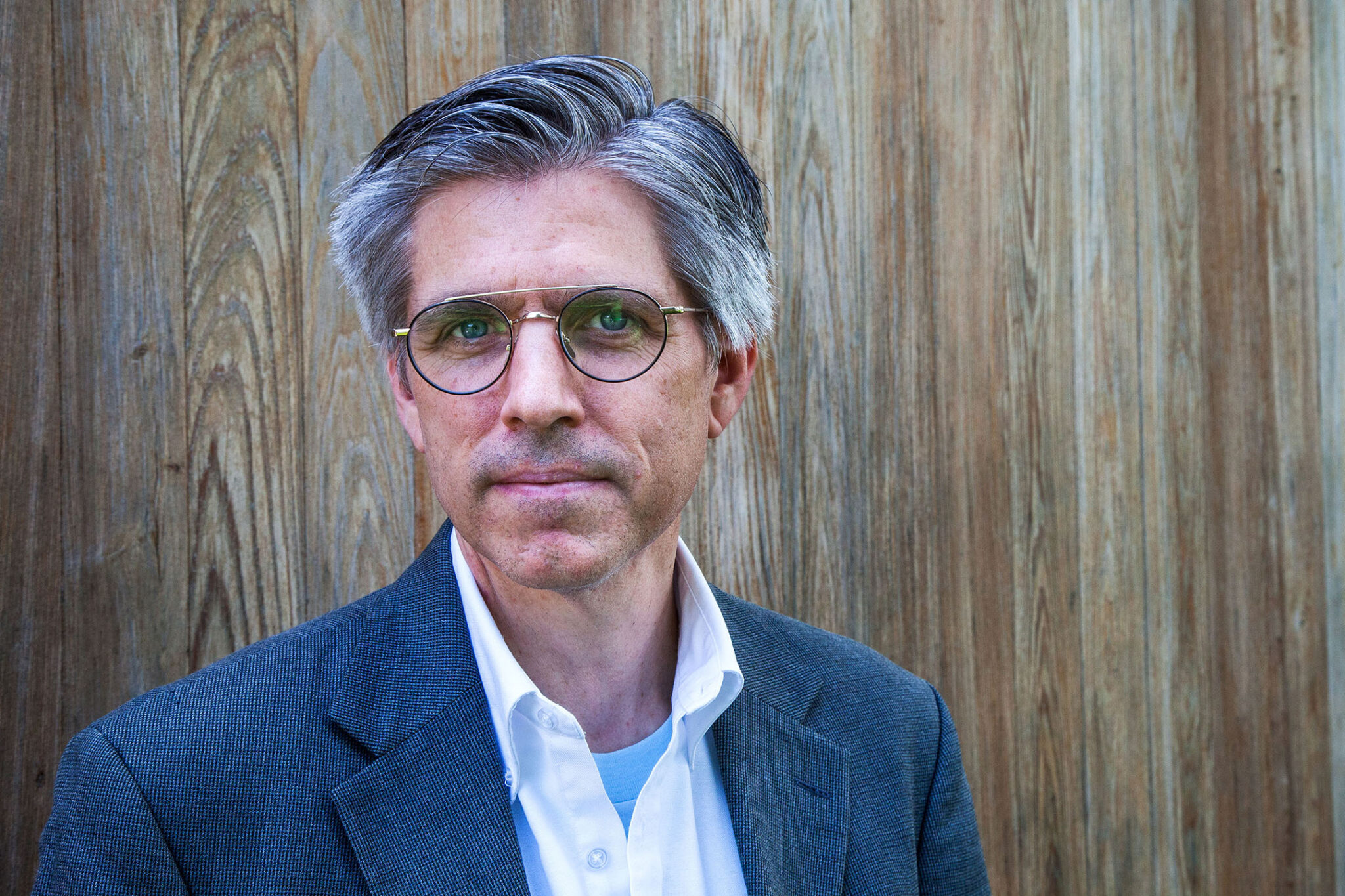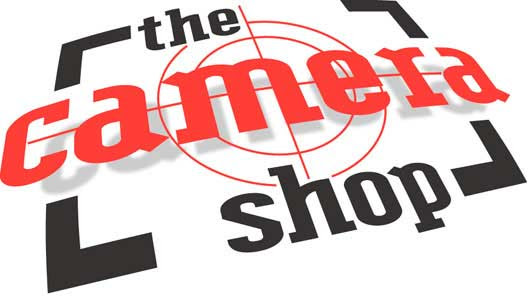Webinar recorded on March 23, 2021.
Climate change can be difficult to imagine for a variety of reasons, including the scope of the changes, the long time scales on which it operates, and the interconnection of environments across the globe. How can literature and art help us to understand climate change in new ways? What is the role of the arts in tackling environmental problems? Dr. Kate Neilsen of Villanova University will discuss contemporary works of film and literature seeking to tell new stories about the environmental challenges facing the world in this webinar recorded in March 2021.
Further Reading (by no means an exhaustive list):
Cli-fi novels:
American War, Omar El Akkad (2017)
Hothouse, Brian Aldiss (1962)
All the Birds in the Sky, Charlie Jane Anders (2016)
Oryx and Crake, Margaret Atwood (2003)
The Water Knife, Paolo Bacigalupi (2015)
The Drowned World, J.G. Ballard (1962)
A Friend of the Earth, T. C. Boyle (2000)
Parable of the Sower, Octavia Butler (1993)
Gun Island (2019) and The Hungry Tide (2004), Amitav Ghosh
The Fifth Season, N. K. Jemisin (2015)
Flight Behavior, Barbara Kingsolver (2012)
The Lathe of Heaven, Ursula K. Le Guin (1971)
Migrations, Charlotte McConaghy (2020)
Who Fears Death, Nnedi Okorafor (2010)
Strange as This Weather Has Been, Ann Pancake (2007)
The Overstory, Richard Powers (2018)
Trail of Lightning, Rebecca Roanhorse (2018)
New York 2140, Kim Stanley Robinson (2017)
Annihilation (Southern Reach Trilogy), Jeff Vandermeer (2014)
Gold Fame Citrus, Claire Vaye Watkins (2015)
The Swan Book, Alexis Wright (2013)
Short Stories and Poetry:
Loosed Upon the World: The Saga Anthology of Climate Fiction, edited by John Joseph Adams
(2015)
“Tell Them,” Kathy Jetnil-Kijiner, https://jkijiner.wordpress.com/2011/04/13/tell-them/
I’m with the Bears, short story collection edited by Mark Martin (2011)
Losing Miami, Gabriel Ojeda-Sagué (2019)
Styrofoam, Evelyn Reilly (poems about plastics and waste, but also slow time) (2009)
The Octopus Museum, Brenda Shaughnessy (collection of poems about a world in which
cephalopods take control over humans. The poems are about environmental loss and are really beautiful and moving) (2019)
Young Adult Fiction about Climate Change:
The Marrow Thieves, Cherie Dimaline (2017)
The Carbon Diaries 2015 and The Carbon Diaries 2017, Saci Lloyd (2009, 2011)
War Girls, Tochi Onyebuchi (2019)
The Fog Diver, Joel Ross (2015)
Pacifica, Kristen Simmons (2018)
Orleans, Sherri L. Smith (2013)
Blood Red Road, Moira Young (2012)
Non-fiction:
Merchants of Doubt, Erik M. Conway and Naomi Oreskes (2010)
The Future of Ice, Gretel Ehrlich (2004)
The Great Derangement, Amitav Ghosh, 2016
Drawdown: The Most Comprehensive Plan Ever Proposed to Reverse Global Warming, editor
Paul Hawken (2017)
The Sixth Extinction: An Unnatural History, Elizabeth Kolbert (2014)
Don’t Even Think About It: Why Our Brains Are Wired to Ignore Climate Change, George
Marshall (2014)
Eaarth, Bill McKibben (2010)
Support the Lower Merion Conservancy’s free webinars with a gift!
 Robert P. Thomas, AIA, a nationally recognized architect and planner, is a founding partner at the Philadelphia firm of Campbell Thomas & Co. Architects. He is also Chair of the Philadelphia Historical Commission and Vice President and Co-Founding Board Member of the Philadelphia Parks Alliance. Bob’s professional work is focused on historic preservation, sustainability, and community revitalization. At his firm, where he has practiced since 1969, Bob is the partner-in-charge for trail, greenway development, and heritage corridor projects.
Robert P. Thomas, AIA, a nationally recognized architect and planner, is a founding partner at the Philadelphia firm of Campbell Thomas & Co. Architects. He is also Chair of the Philadelphia Historical Commission and Vice President and Co-Founding Board Member of the Philadelphia Parks Alliance. Bob’s professional work is focused on historic preservation, sustainability, and community revitalization. At his firm, where he has practiced since 1969, Bob is the partner-in-charge for trail, greenway development, and heritage corridor projects.


